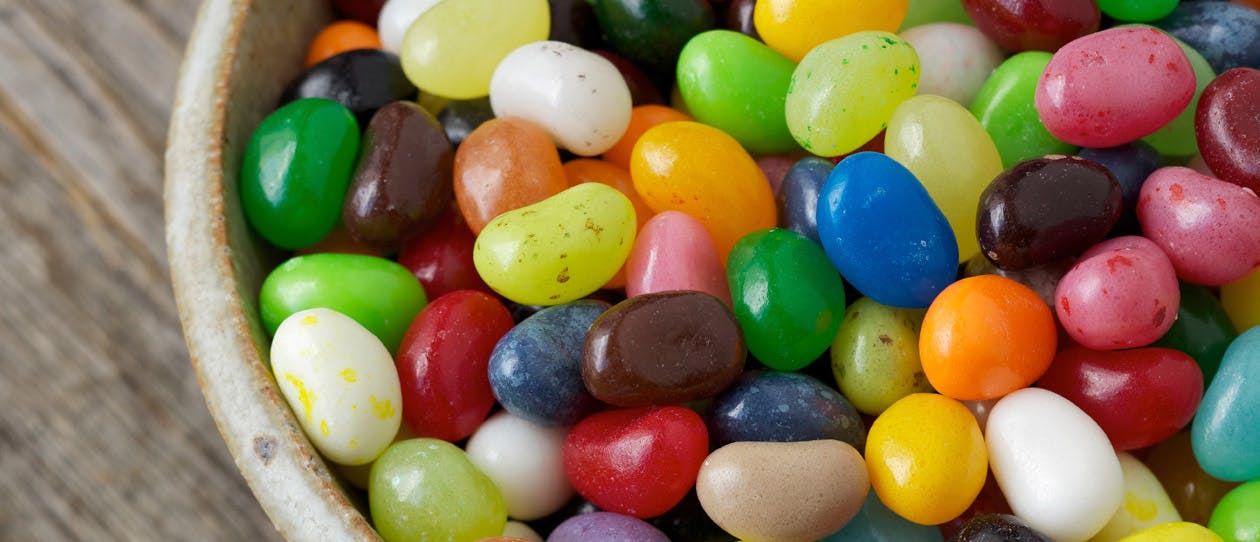
- Health hub/
- Tips & Advice on Cold, Flu & Boosting Immunity/
- Sugar - The Destroyer of the Immune System


Does a ‘spoonful of sugar’ really help the medicine go down? Research suggests that it may be better to forgo sugar when the cold and flu season strikes.
Sugar finds its way into our diet in many ways, often quite sneakily. Baked goods, soft drinks, fruit drinks, breakfast cereals and sauces are all laden with sugar, in addition to sugar sprinkled or stirred in at the table.
It can be very easy to underestimate how much sugar is actually in your diet because of this, particularly considering one 600 ml bottle of soft drink can contain 12-15 teaspoons of sugar. With the average Australian consuming approximately 45 kg of sugar per year it looks like us Aussies have a very sweet tooth indeed. But how does all this sweet stuff affect our immune system?
Research suggests that sugar is in fact an immune suppressant, and actually reduces the capacity of white blood cells to function properly. One theory is that glucose (blood sugar) and vitamin C compete for transport sites into the white blood cell, thereby reducing the cells ability to perform. The ability of neutrophils (white blood cells responsible for fighting bacteria) to engulf bacteria is impaired after a sugary meal. This negative effect appears to be highest 1-2 hours after sugar consumption but can continue for hours.
It is no surprise that sugary foods are often not nutritious. Nutritionists consider these foods ‘empty calories’ and it is concerning when empty calories replace healthy meals.
The immune system requires adequate nutrition to generate an effective immune response so it makes sense that a high sugar diet can leave you low in vital immune boosting nutrients. Even a deficiency of one nutrient can compromise the immune system and lower resistance to infection, which is then restored when the deficient nutrient is added to the diet. Vitamins A, C and E, betacarotene, folic acid, vitamins B6 and B12, riboflavin, iron, zinc and selenium have all been identified as crucial for immunocompetence.
Sucrose and fructose can interfere with absorption of some micronutrients when eaten in excess, further contributing to nutritional deficiency. The absorption of copper and magnesium is decreased with very large amounts of sugar and fructose.
Australian dietary guidelines recommend sugar is consumed in moderation, about 15-20% of total energy. The best sources of dietary sugars are nutritious foods such as vegetables, fruits and dairy products. Naturally occurring sugars are packaged with other nutrients. For instance, an orange has as much sugar as a dose of honey but the sugar is packaged with water, fibre, minerals, vitamins and phytochemicals making it a more immune-friendly choice. Beware packaged foods that claim low sugar content but are filled with honey, maple syrup, molasses and such, as they are still packed with sucrose and should be eaten in moderation.
The human immune system is amazing. A complex system of cells and tissues working away, day and night, to fight off infection, inflammation and rogue cells to help keep us well. This amazing system requires adequate nutrition to perform successfully, and sugar has no value to add here.
So, feed your immune system with lots of nutrient-rich, fresh wholefoods this winter, cut right down on sugary snacks and your immune system will love you for it.
References available on request




